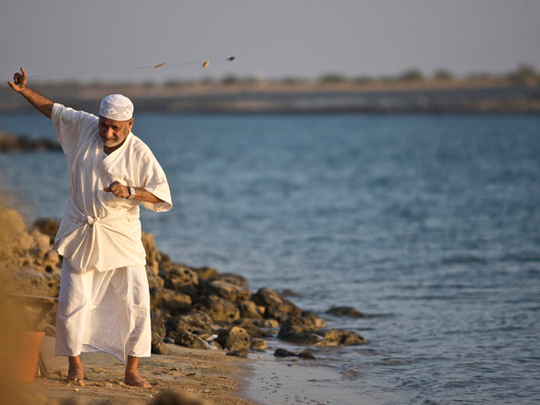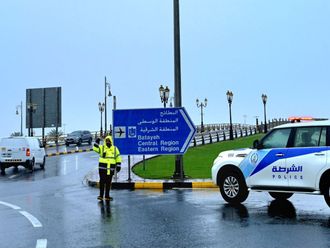
Abu Dhabi: Weather modification studies have not enjoyed a high rate of success, an international expert told Gulf News.
"It has succeeded in a few areas like fog dispersal in airports to enable flights [to] take off during foggy conditions," said Leonard A. Barrie, director of Research Department at World Meteorological Organisation (WMO).
Deliberate or inadvertent alteration of atmospheric conditions by human activity on a scale sufficient to modify the weather in a localised area or a region is called weather modification.
Barrie was speaking to Gulf News on the sidelines of a meeting of experts on weather modification research which is being hosted by the National Centre for Meteorology and Seismology (NCMS) in Abu Dhabi.
There are no international standards [rules or regulations] on fog dispersal techniques used at airports, which primarily work by mixing dry air with fog, he said in response to a query.
"But the WMO has policies and guidelines on weather modifications which have been published," he said.
Strong research coupled with experiments and testing are required to assess whether human activities affect the weather, he said.
"That's why we discuss the research on weather modification here in the UAE", he said.
With climate change taking centre stage, ensuring adequate supply of fresh water will be the major challenge in the Gulf region.
"The region has to look into enhancing the supply of fresh water … [ through] desalination and formation of rain on the mountains [especially] during the summer," Barrie said.
The meeting will conclude tomorrow.












